The Macarena. You know it. You love it. Okay, you probably don’t love it, but you definitely know it. If you can’t immediately do the hands, hands, hips, hips, head, head, shimmy, jump dance right now, you could pick it up in a minute by watching someone else do it.
Lately, I’ve been watching a lot of Todd in the Shadows videos. The YouTube video essayist (whose gimmick, as indicated by his channel name, has him delivering monologues in silhouette while seated at a piano) has a few long-running series that he returns to over and over again. My favorite is Trainwreckords, where Todd breaks down an album so ill-considered it derailed the artist’s long-term career. But Todd also does a series called One Hit Wonderland, where he analyzes artists with one really big song, examines their attempts to follow it up, and wonders whether or not they deserved more success.
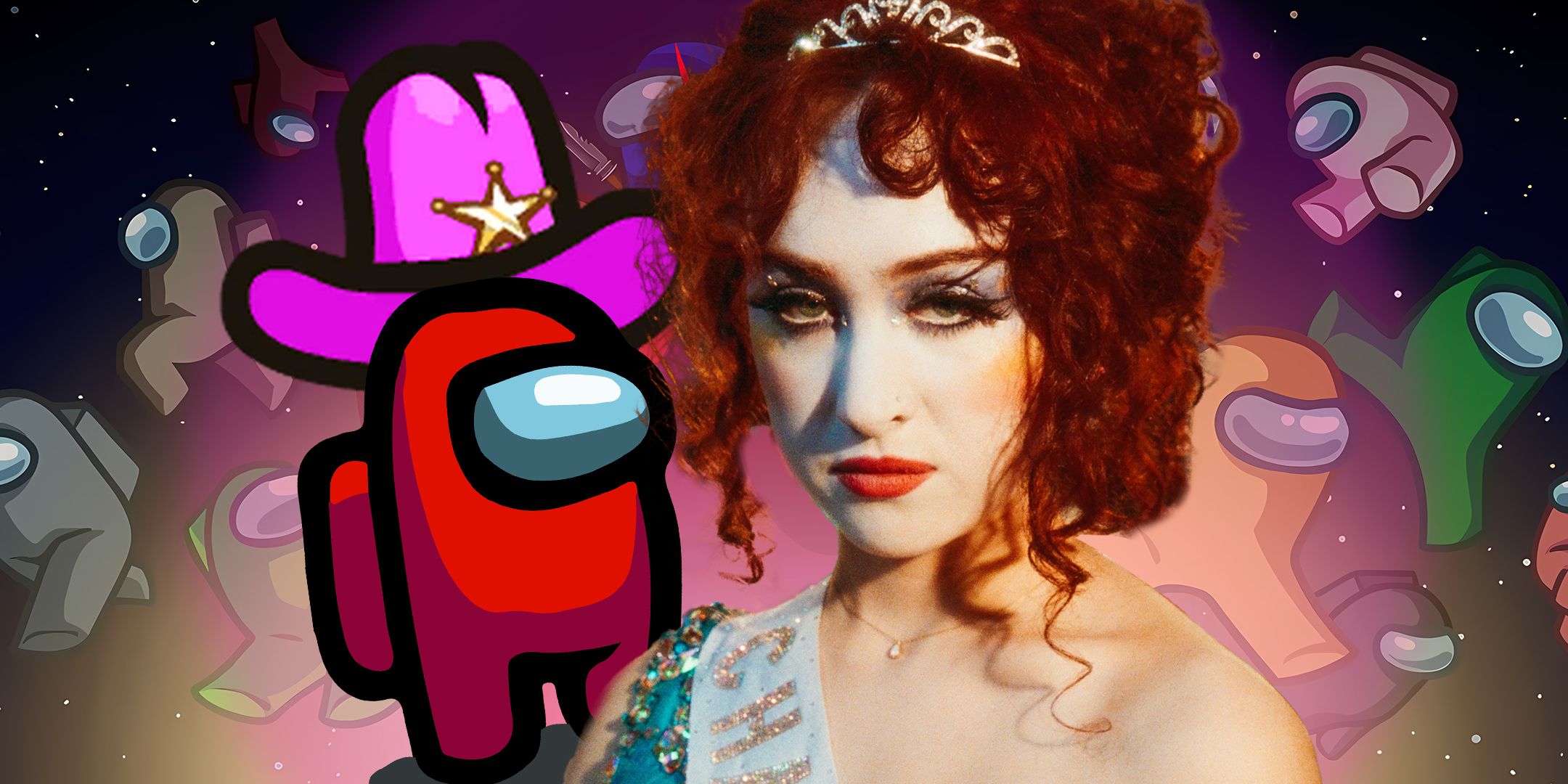
Related
I recently got to Todd’s 2022 video on Macarena, where he described the song that launched a worldwide dance craze as “the biggest one-hit wonder of all time.” It earned that title, in part, because its creators were completely unable to create a viable follow-up. Los Del Rio, the Andalusian Spanish duo behind the song, had worked for decades before Macarena and have kept plugging away in the decades since, but have never come close to replicating their big hit.
It has me wondering: does gaming have a Macarena? Is there a hit game that feels as elemental as the Macarena, a game that’s so ubiquitous it feels like it’s always existed? Does gaming have a hit that had such massive cultural reach that anyone, at any age, from any background, knew what it was? Most importantly, is there an interactive hit this world-conquering that was made by a developer who never managed to follow it up?
Games That Feel Like They’ve Always Existed
Like one of its blocks falling into place, Tetris is the example that fits best here. There are some games that feel like, if their specific creator didn’t make them under the exact right circumstances, they would never have come into existence.
It’s like basketball. Shooting a ball through a hoop is a pretty natural human urge — as evidenced by the fact that indigenous Mesoamerican peoples started playing a ball game with a similar goal hundreds of years (at least) before James Naismith ever picked up a peach basket.
I, admittedly, first became aware of that game through the Dreamworks animated film The Road to El Dorado (but so did you).
Tetris’ objective is simple enough — make lines of blocks until they disappear — that it feels strange that Alexey Pajitnov had to invent it. It seems like, with a few more years, someone else would have made the same game. Some ideas feel like that, as if they exist in the ether and one person is blessed enough to pluck them out and give them form.
Games That Everyone Played
The Macarena reached everyone. In Todd in the Shadows’ video, he makes a point of including clips of random people of all ages, genders, and races doing the Macarena. He closes the video with back-to-back contextless clips of random people, real and fictional, getting in on the fun. Oprah, The Simpsons, sports mascots, the Hawaiian Punch kid, Biz Markie, the Animaniacs — they were all doing it.
It was a dance that old people could do at their grandkids’ wedding and that young people could do at the club. In that way, it reminds me a whole lot of Wii Sports. My dad (who is 40 years older than me) and I played similar amounts of the motion-controlled game collection, and he even got into other Wii golfing games, too. A year or two ago, I played the sequel, Wii Sports Resort, with my in-laws. In the late 2000s and 2010s, it was common to see Wiis set up at nursing homes. Motion controls, and the Wiimote’s extremely simple button layout, made it possible for everyone to get in on it.
Games That The Developers Never Followed Up Despite Conquering The World
And this is where we find the truest Macarena that gaming has ever had. In May 2013, Dong Nguyen uploaded Flappy Bird to the App Store. It wasn’t a big success at first, which mirrors the slow build of the ‘Macarena’. Flappy Bird got a similar boost when, nearly a year after its release, PewDiePie uploaded a Let’s Play in which he had the experience that we all had with Flappy Bird the first time we played it: dying a ton and getting pissed off about how bad the bird felt to control.
Despite titling the video “FLAPPY BIRD – DON’T PLAY THIS GAME”, everyone started playing the game. It was massively popular but only for a short time. Nguyen began to feel guilty that the game was too addictive — which feels quaint now, given that the game had no microtransactions — and pulled it from sale. Anyone who wanted to play Flappy Bird after that would need to find an old phone with the game installed, or play one of the many, many knockoffs floating around the iOS and Android’s digital storefronts. The weirdest one I found at the time was called Flappy Granny, which replaced the iconic bird with an old woman flapping through the air.
None of these phenomena perfectly capture the breadth of what the Macarena meant to culture. Its ubiquity, its all-ages appeal, its flash-in-the-pan nature. But I think Flappy Bird comes closest to nailing the moves.
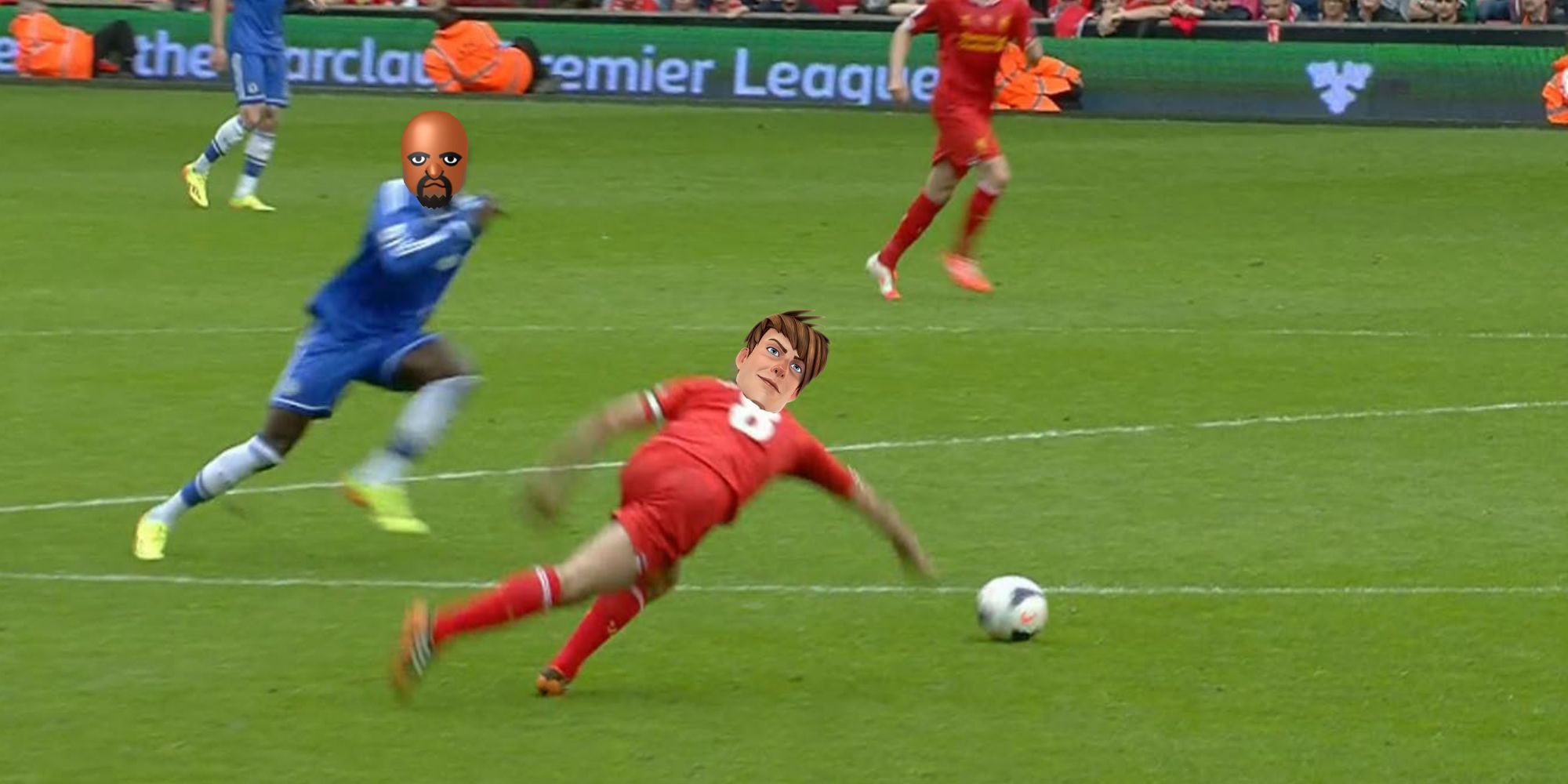
Next
Ten Years On, It Still Hurts That Xbox Couldn’t Make Its Own Wii Sports
Kinect Sports Rivals should have been a generation defining sports title like Wii Sports, but it is a mere footnote in gaming history
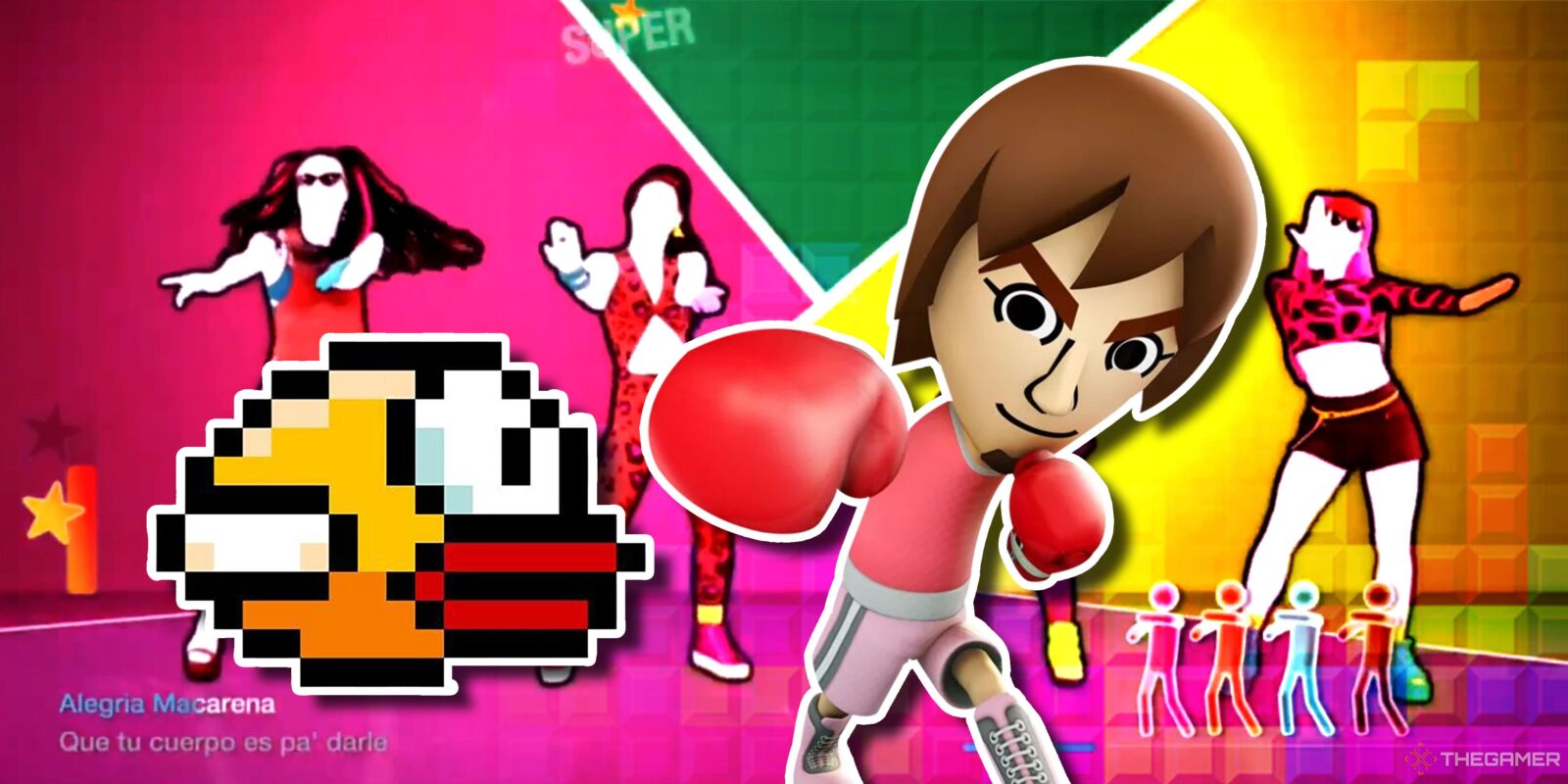

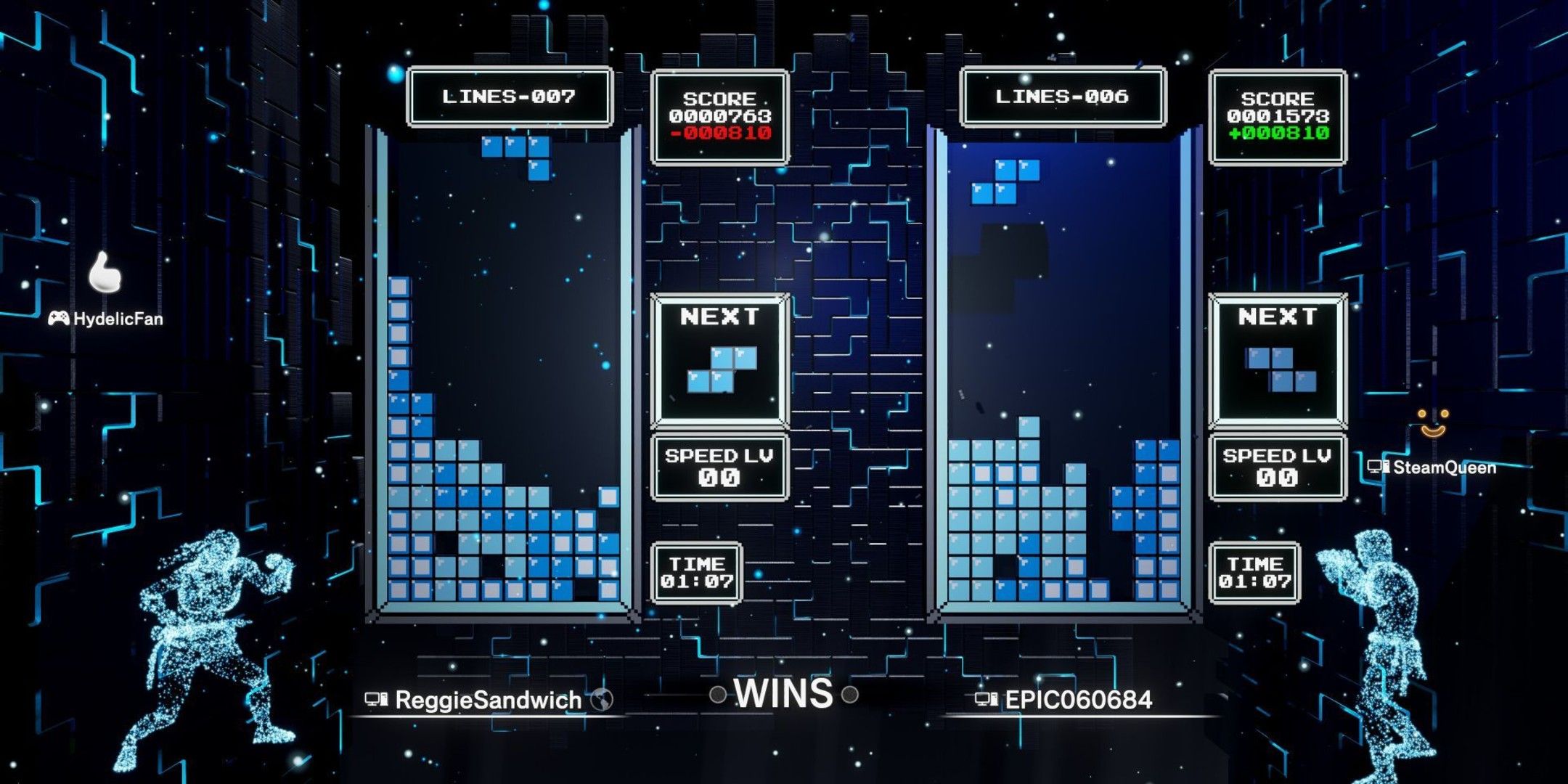
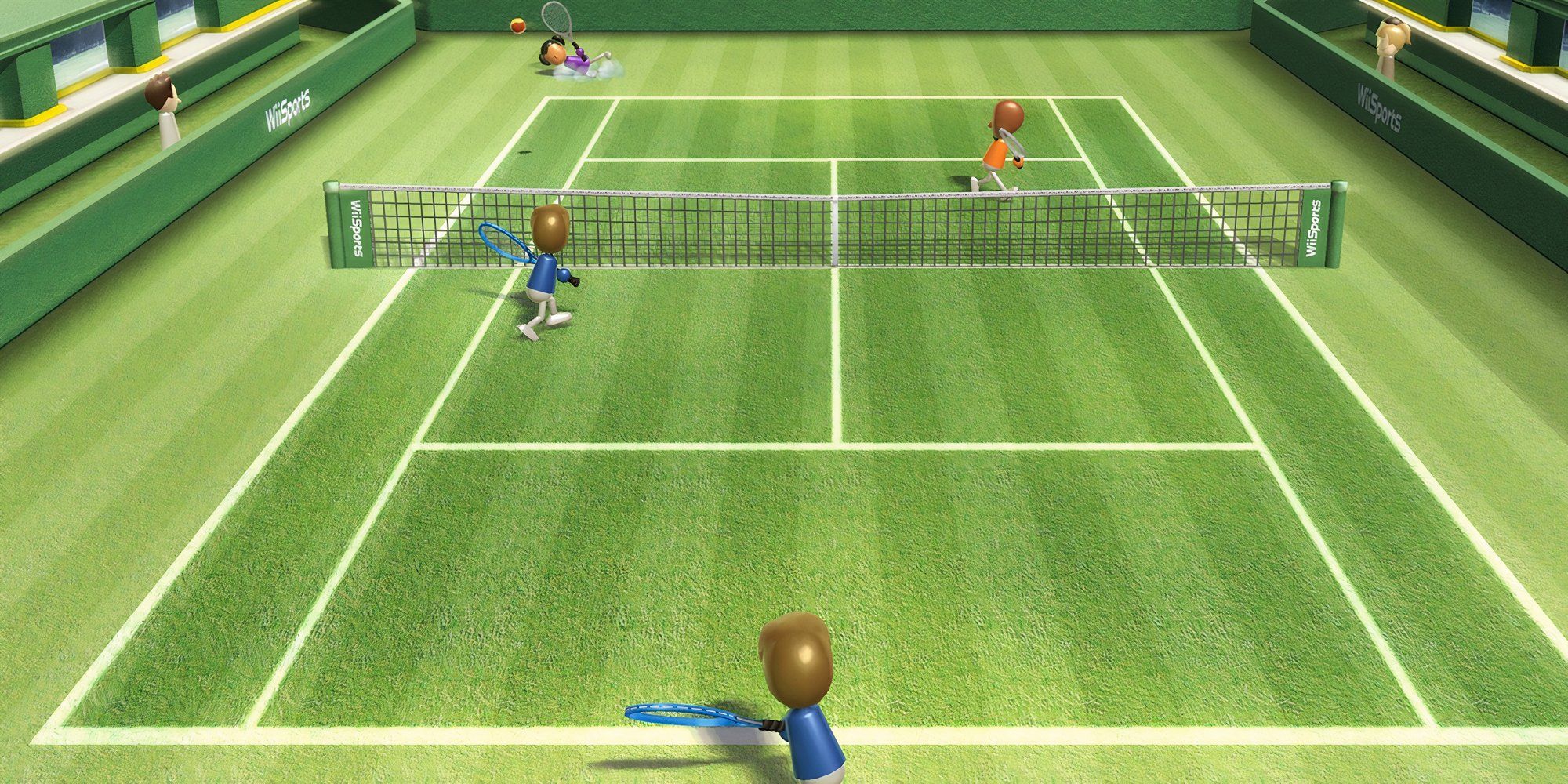
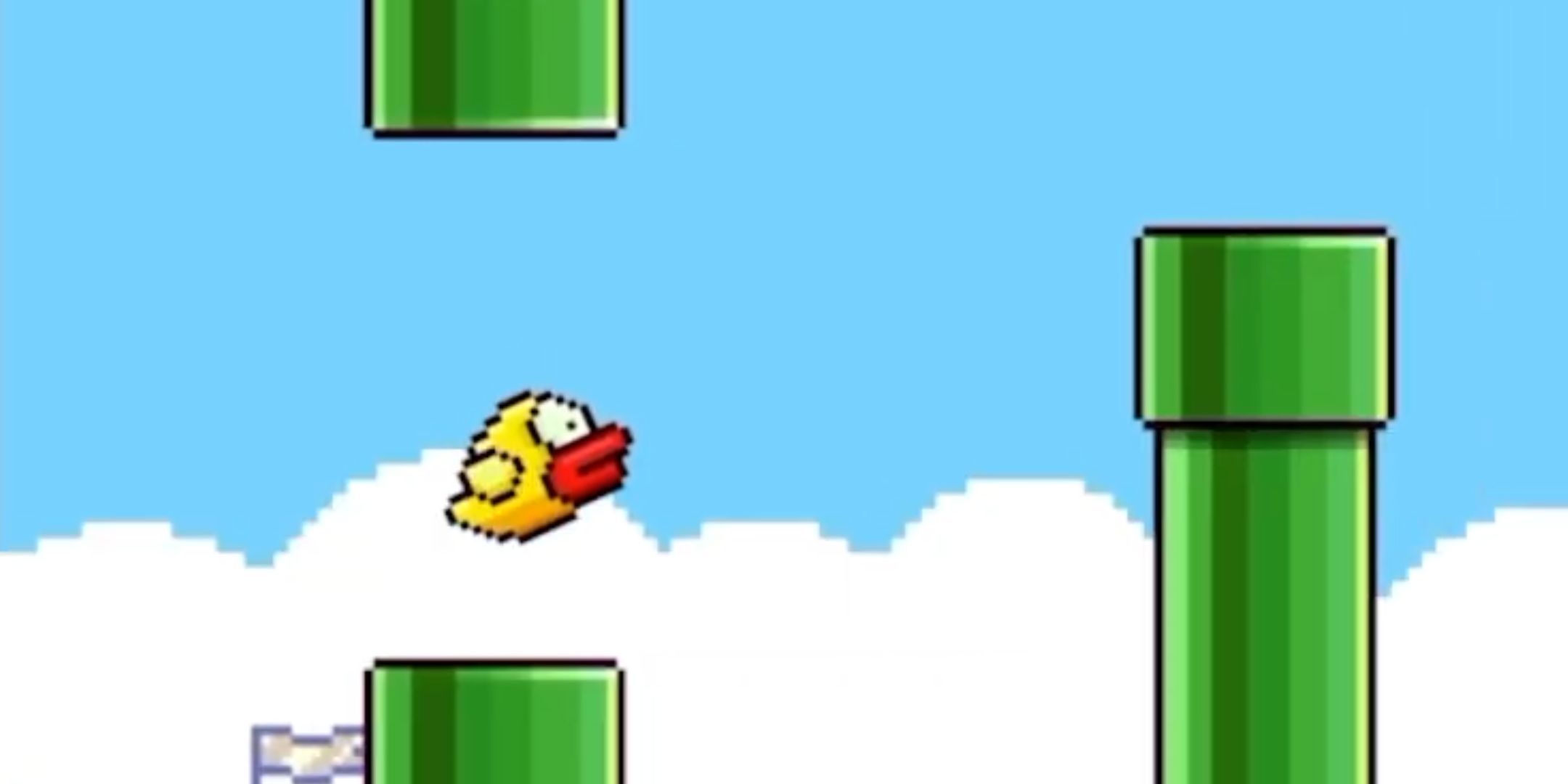

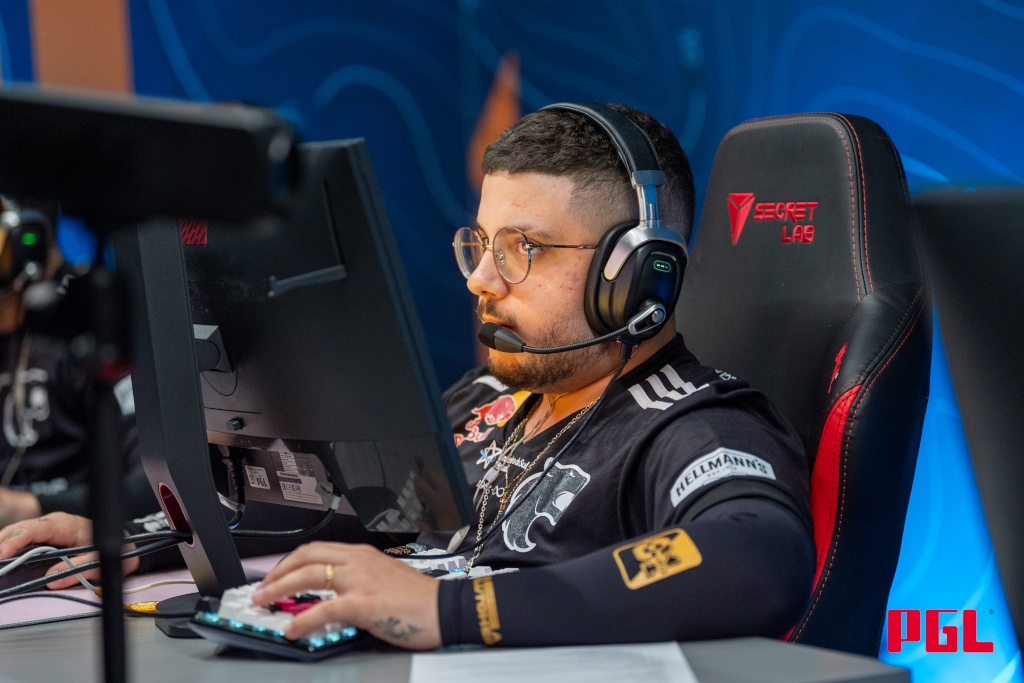


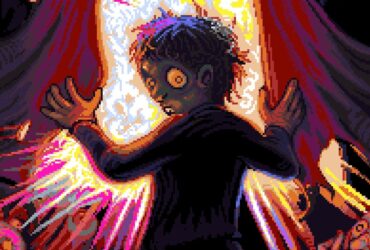





Leave a Reply